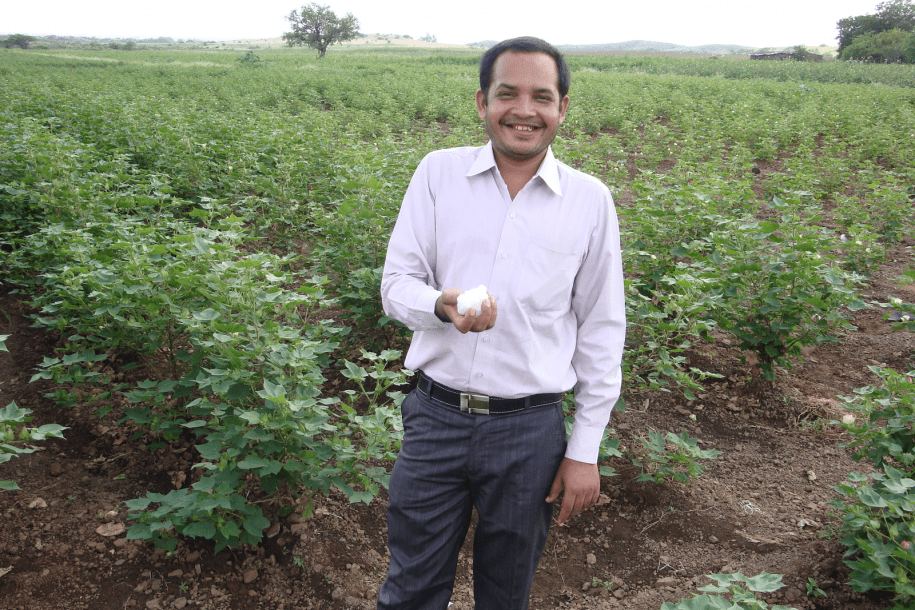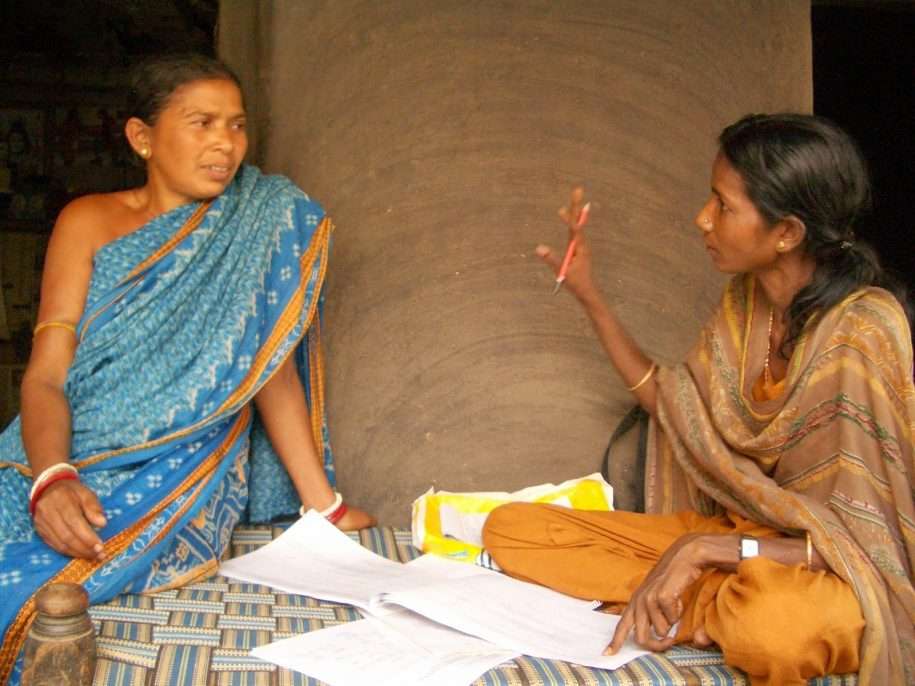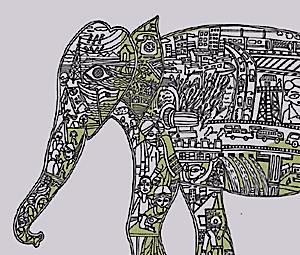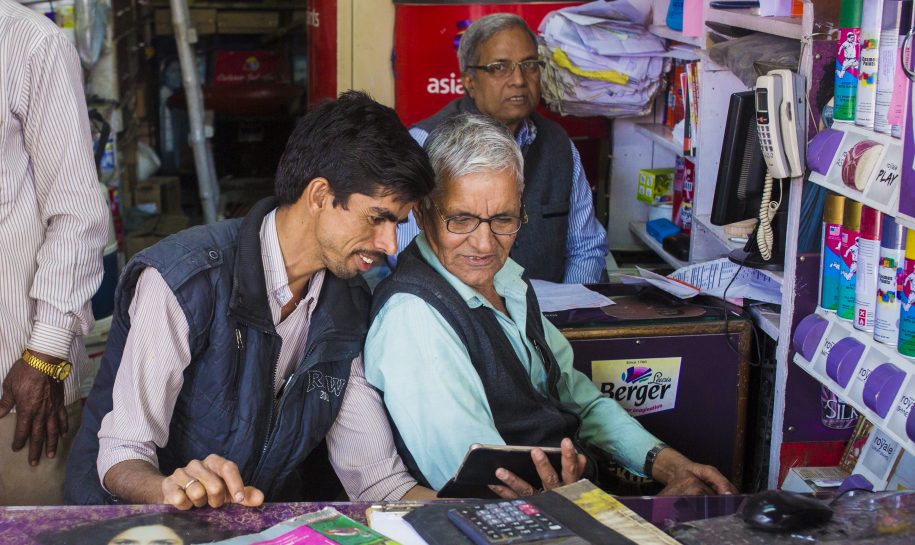We feature a collborative post by Parul Agarwal, Amulya Champatiray & Misha Sharma on the results from their recently concluded research study, ‘Self Help Group Bank Linkage: Through the Responsible Finance Lens’. The self-help group (SHG) program, which began as a … Read More
-
 BlogFollow our blog for insightful analysis and expertise on development
BlogFollow our blog for insightful analysis and expertise on development
trends, policies and evidence.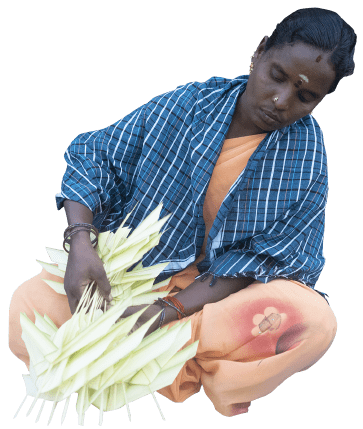
Is it time for SHG2? Revisiting the SHG Model
Parul Agarwal, Amulya Champatiray, Misha Sharma | September 9, 2014
Trusting Technology: Insights from the Field
LEAD Research Team | August 18, 2014
Respondents using Avaaj Otalo (AO) – a mobile phone based agricultural extension service- are used to receiving weekly voice calls incorporating advice on a number of topics including agricultural inputs, weather, cultivation practices, etc. It never ceases to amaze me … Read More
Can Qualitative Research be Rigorous? Part 2: The Value of Qualitative Research Methods for Impact Evaluation
LEAD Research Team | June 23, 2014
For the remaining segments of this series, I’m going to specifically focus on the role of qualitative research in the context of impact evaluation. It is often the case that qualitative methods go under-appreciated in this context – after all, … Read More
Training: A Way to Improve Data Quality
LEAD Research Team | June 4, 2014
Currently, I’m involved in the field team training for a second round of data collection for the Bricks project. As we’re in the intervention part of the study, this round is going to be as interesting and challenging as the … Read More
Is Financial Literacy Worth it?
LEAD Research Team | May 26, 2014
Financial literacy is a complex thing. A broad way of thinking about it is, as the skill to manage one’s financial resources in an informed manner. Defining it is simple enough. It becomes trickier when we set out trying to measure … Read More
What is the Best Metric for Measuring India's Progress?
LEAD Research Team | May 20, 2014
What metric best measures a nation’s progress? A composite metric that is a combination of different factors is not as sound as it may seem at first sight because of the subjective bias involved in the weights allotted to individual … Read More
Gender Differences in Health Outcomes
LEAD Research Team | May 15, 2014
According to the World Health Organization, the distinct roles and responsibilities of men and women in a given society, dictated by culture’s gender norms and values, give rise to gender differences and inequality- that is, differences between men and women … Read More
The Important Role of Digital Payments in Reaching India’s Financial Inclusion Objectives
Nachiket Mor | May 8, 2014
Nachiket Mor The financial inclusion and efficiency gains associated with ubiquitous access to digital payments systems are very high. Digital payments can reduce transaction costs by up to 90 percent[1], save the Government more than Rs. 1 lakh crore[2], and … Read More
Empowering the Poor or the Rural Elite?
Deepti KC, Kalrav Acharya | May 5, 2014
Image Source: PTI In this general election, many candidates are banking on votes based on the performance of poverty reduction and social security schemes. India has a plethora of such schemes, and the government has invested billions of rupees in … Read More
What is Social Exclusion? A Story from the Field
LEAD Research Team | May 2, 2014
Photocredit: Quirky Kid Social exclusion has been defined as ‘the process through which individuals or groups are wholly or partially excluded from full participation in the society within which they live’. Gender, caste or ethnic disadvantage translates into social exclusion … Read More
- « Previous Page
- 1
- …
- 10
- 11
- 12
- 13
- 14
- …
- 25
- Next Page »

